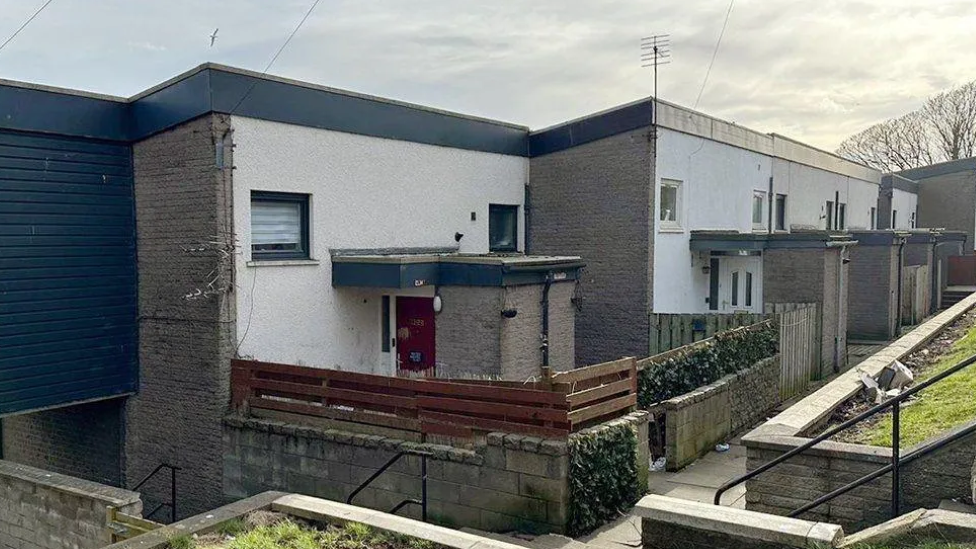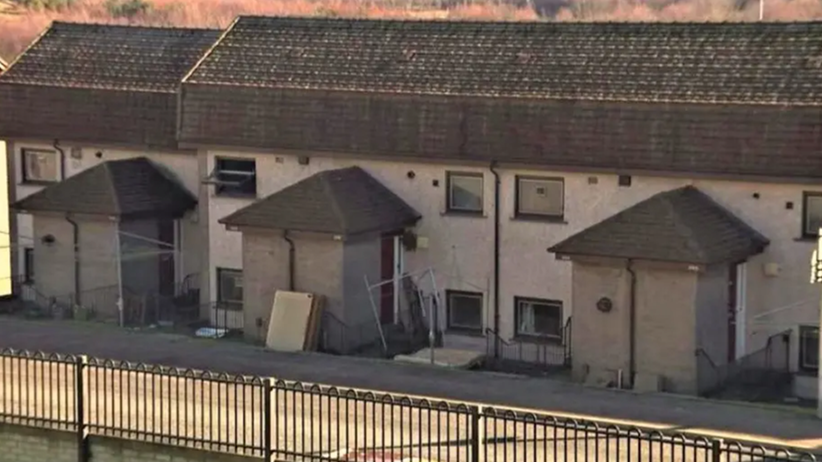Council pushing ahead with Raac demolition plans

Hundreds of properties in Aberdeen were found to contain Raac
- Published
Aberdeen councillors have voted to push ahead with plans to demolish homes found to contain potentially dangerous concrete.
More than 500 properties - most of them council-owned - were found to have been built with reinforced autoclaved aerated concrete (Raac) in 2023.
The council previously agreed to demolish homes, but it paused the process to allow residents to explore options.
The communities, housing and public protection committee voted by five to four to progress with the plans.
Some residents living in Raac properties had told the meeting that council valuations of their homes were not good enough.
Some people have accepted offers for the voluntary acquisition of their privately owned homes, some are still considering, while others have not engaged with the council at all.
Councillors agreed to the resumption of planning and preparation for demolition.
Councillor Miranda Radley, convenor of the committee, described it as the "next step in the Raac process".
The Scottish government has said it is working closely with the local authority around an infrastructure funding proposal to support its Raac plans.
What is Raac?
Raac stands for reinforced autoclaved aerated concrete.
It is a lightweight material that was used mostly in flat roofing, but also in floors and walls, between the 1950s and 1990s.
It is a cheaper alternative to standard concrete, is quicker to produce and easier to install.
It is aerated, or "bubbly" - like an Aero chocolate bar.
But it is less durable and has a lifespan of about 30 years.
Its structural behaviour differs significantly from traditional reinforced concrete.
It is susceptible to structural failure when exposed to moisture - the bubbles can allow water to enter the material.
Raac is often coated with another material, such as bitumen on roofing panels. But this material can also degrade.
The Health and Safety Executive (HSE) has said Raac is now beyond its lifespan and may "collapse with little or no notice".
Related topics
- Published19 August

- Published11 March

- Published27 May
